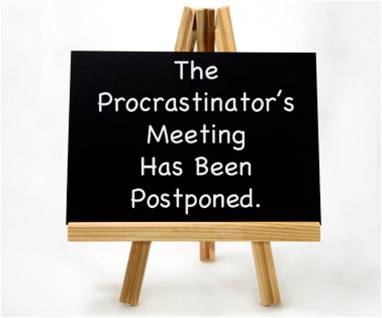If someone was to offer us $50 or $100, most of us would gladly take $100. There is nothing quite like a cool, crisp c-note. Same deal applies if someone offers us $50 today versus $100 tomorrow – most of us would choose to wait one day for the higher pay-out.
But as the wait time increases, most of us change our mind. If someone offered us $50 today versus $100 in a year, most would choose $50 today. The dollar difference remains the same, but something about the delayed reward prompts us to choose the immediate pay-out.
Even kids find it hard to resist this temptation
Not surprisingly, kids are no better off. A rather cold-hearted group of Stanford researchers asked children to resist eating a marshmallow placed right in front of them. They told the children they would get two marshmallows if they simply waited for 15 minutes. Then the researchers left the room and watched the children squirm. The request proved to be far too tempting for most children who gobbled up the single marshmallow within minutes.
Our goals and our actions don’t always align
Despite our best intentions, our immediate actions don’t always line up with obvious long-term gains. We might want to wake up early to get cracking on that project, but our warm bed is just too cozy. We may want to lose a few inches for the upcoming holiday party, but find it hard to resist the double-chocolate fudge cookie at today’s lunch buffet. You get the picture.
Short-term sacrifices are not in our nature
Scientists talk about our preference for short-term rewards, versus larger payoffs later. They use the term “hyperbolic discounting” to describe how we discount future gains when it requires short-term sacrifice.
In other words, we deem $50 today as more valuable than $100 a year from now. One marshmallow now is better than two later. And that cookie at lunch sure was yummy.
But what about our long-term goals?
It is worth saying some children were able to resist the initial marshmallow temptation, thereby reaping the rewards of more treats. These children did so by distracting themselves with other short-term interests like turning away and kicking the desk in front of them.
And clearly, there are many times when we are able to achieve big, long-term goals despite our tendency to be side-tracked by short-term distractions.
Project managers focus on breaking big goals into smaller steps. David Allen talks about focusing on the next actionable step. And I consistently tout the benefits of short-term goals.
There is nothing like a little deadline pressure and accountability to help face a short-term sacrifice head on.
Sure, most of us procrastinate from time to time (myself included; don’t let my ‘Productivity Consultant’ title lead you to think I don’t get tempted from time to time). But now that I have learned the importance of the short-term, I am closer to kicking this habit for good.








Leave A Comment